The Prolific Tenontosaurus
We have just finished writing and testing a new teaching session aimed at Year 7 students (key stage 3) for the national curriculum science element. Working around the objective of trying to create a 45 minute long teaching session based around the concepts of scientific evaluation and analysis, we chose to focus on the interaction between the Cretaceous dromaeosaur Deinonychus and the herbivorous Tenontosaurus.
Tenontosaurus
Despite the large numbers of Tenontosaurus fossils that have been found in the United States (Montana with a second species identified in Texas), palaeontologists remain uncertain whether this highly successful plant-eater is a member of the Hypsilophodontidae or a basal iguanodontid. We think current research puts this ornithopod in the Iguanodontidae camp (at least for the moment).
The CollectA Age of Dinosaurs Tenontosaurus Model
Tenontosaurus Fossils
Something like 20% of all Tenontosaurus fossils found outside Texas are associated with the fossilised remains of Deinonychus. This may reflect a predator/prey relationship and a number of dig sites have revealed so much more information that some scientists have postulated that Deinonychus was the main predator of Tenontosaurus and these two genera were very strongly dependent upon one another – i.e. when the Tenontosaurs thrived so did the predatory “raptors”.
The lesson plan we have developed permits students to explore the fossil evidence and to act as “dinosaur detectives” putting forward theories as to what the fossils may show. We then encourage students, working in small groups to undertake role play to demonstrate the theory that they have come up with and to justify it.
An Illustration of the Herbivorous Dinosaur Tenontosaurus
Picture credit: Everything Dinosaur
To view a model of Tenontosaurus and other dinosaur models, take a look at the CollectA Prehistoric Life Model range: CollectA Age of Dinosaurs Prehistoric Life Models.
Working around the themes from the national curriculum for science such as using scientific ideas and models to explain phenomena and developing them creatively to generate and test theories (KS3 Science 1.1a), this lesson plan that has already been piloted, seems to have a broad appeal as well as catering for a number of different learning styles.


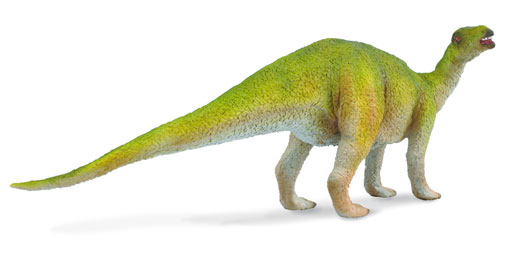
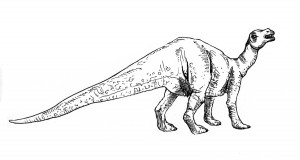
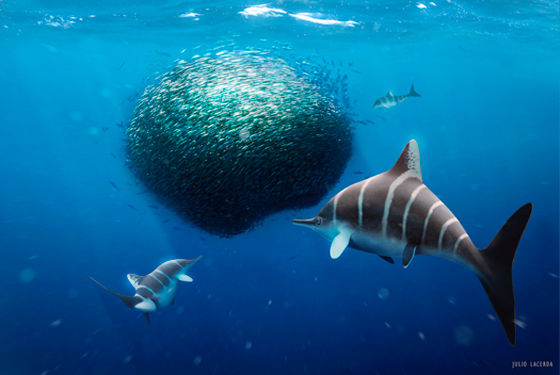

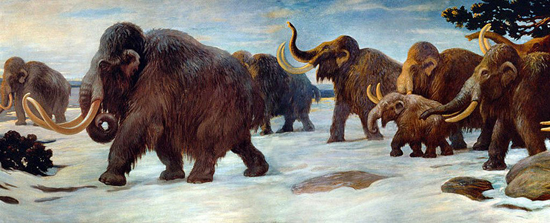
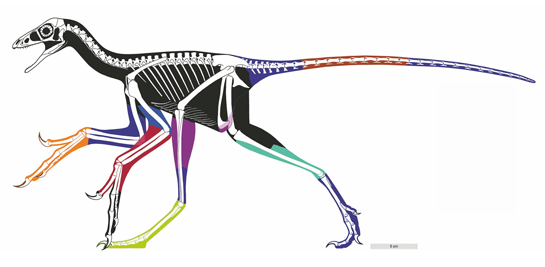
Leave A Comment